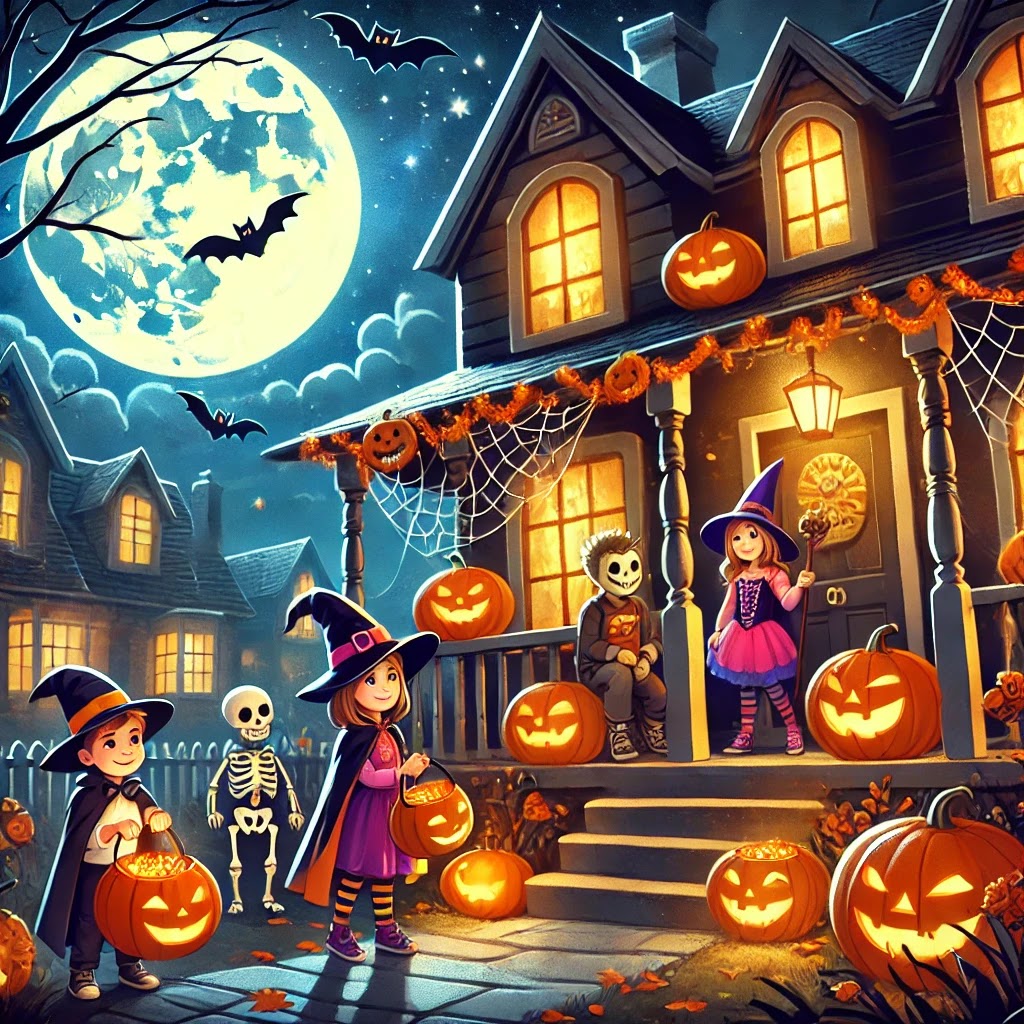Overview of Halloween
Halloween, celebrated annually on October 31st across the United States, is a widely enjoyed festival where people of all ages dress as ghosts, monsters, and other supernatural figures. Its origins can be traced to the ancient Celtic festival of Samhain, which marked the end of the harvest season and the beginning of winter.
Historical Origins of Halloween
The Celtic festival of Samhain, from which Halloween is derived, was a time when the boundary between the living and the dead was believed to be thin. People offered food to spirits and disguised themselves to avoid being harmed by wandering evil forces. These practices eventually evolved into the costume-wearing customs we see today.
Halloween in America
Initially, Halloween was a small-scale festival celebrated by Scottish and Irish immigrants in the mid-19th century. It became a national celebration after Irish immigrants brought it to the U.S. during the 1840s potato famine. By the 1930s, the tradition of carving pumpkins into 'Jack-O'-Lanterns' and the popular 'trick or treat' custom became widespread.
Key Symbols and Traditions
Jack-O'-Lanterns: Pumpkins are hollowed out, and faces are carved into them, turning them into iconic symbols of the festival.
Costumes and Parades: People of all ages wear costumes, ranging from classic witches and ghosts to famous figures from popular culture. Cities like New York host large-scale parades where participants show off elaborate costumes.
Trick or Treat: A central part of Halloween, children go from house to house in costumes, asking for candy with the phrase 'trick or treat.' This tradition has roots in medieval European practices where the poor would go door to door on All Souls' Day, offering prayers for the dead in exchange for food.
Halloween's Modern Day Impact
While some believe that Halloween has become too commercialized, it still serves as a time for community bonding. Many families and neighborhoods come together to celebrate, and the holiday encourages acts of charity, with people supporting causes like UNICEF through trick-or-treat campaigns.
Despite its spooky themes, Halloween continues to be a celebration of fun, creativity, and togetherness, bridging cultural gaps and bringing communities closer.








0 Comments